- contact@laparoscopyadvice.com
- General Practice Hospital, G-9/2 Islamabad
- Mon - Fri: 10:00 am - 7:00 pm
Visiting Hours
| Mon - Fri: | 8:00 am - 8:00 pm |
| Saturday: | 9:00 am - 6:00 pm |
| Sunday: | 9:00 am - 6:00 pm |
Gallery Posts
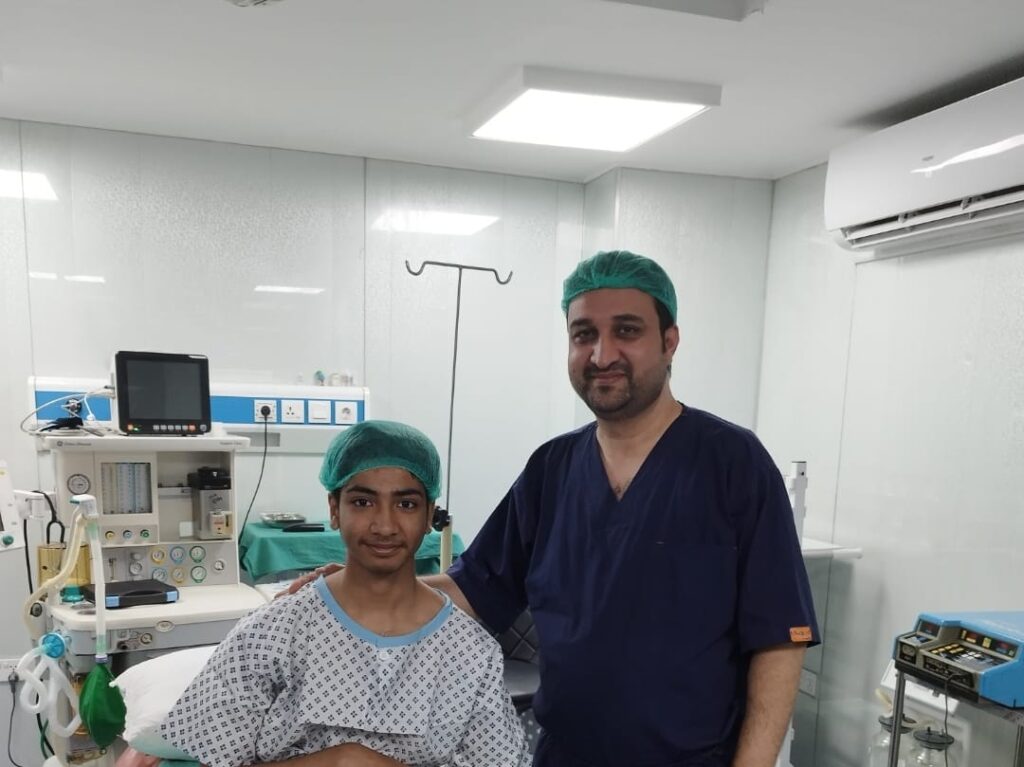
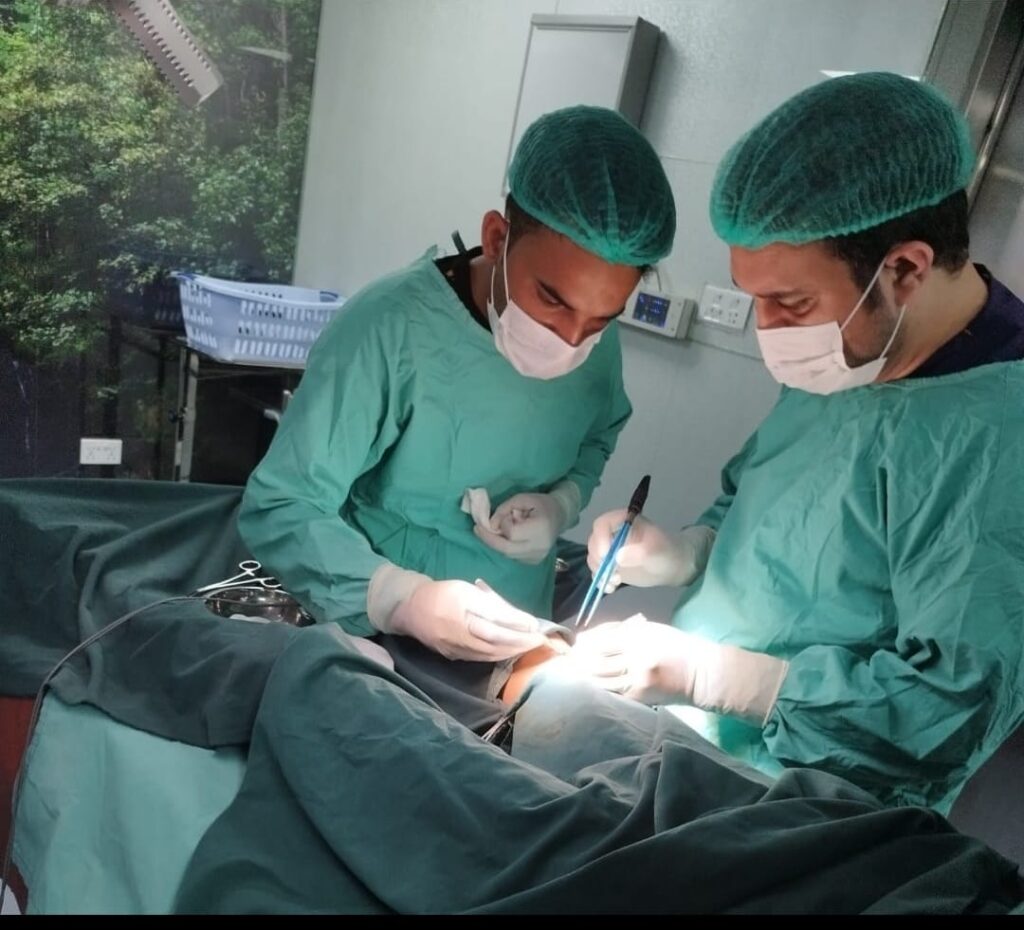
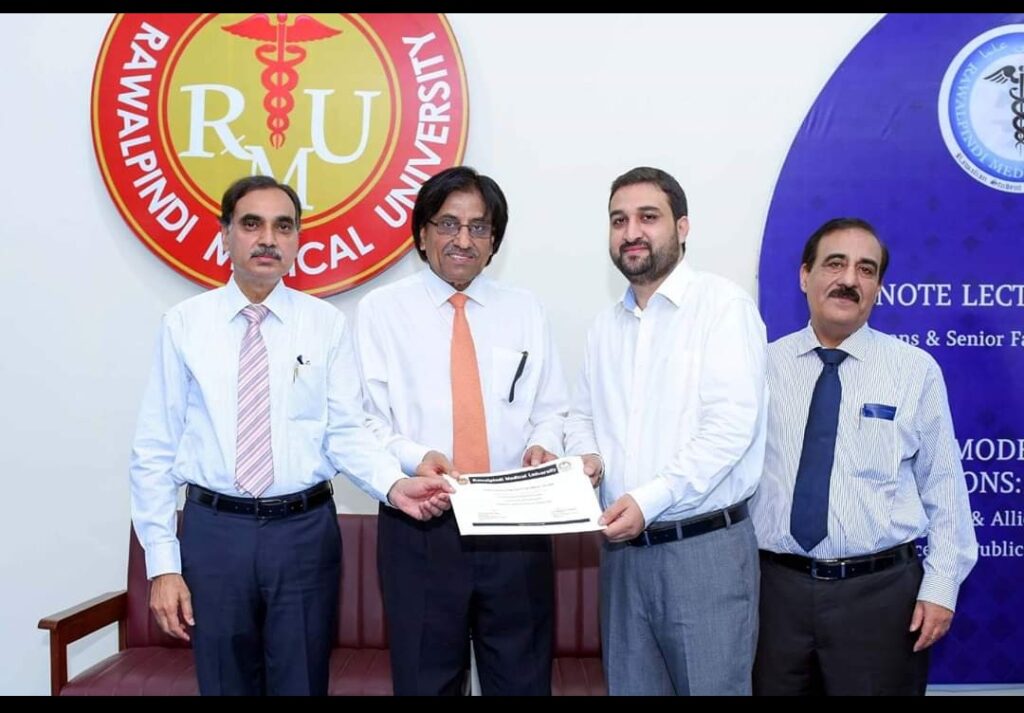
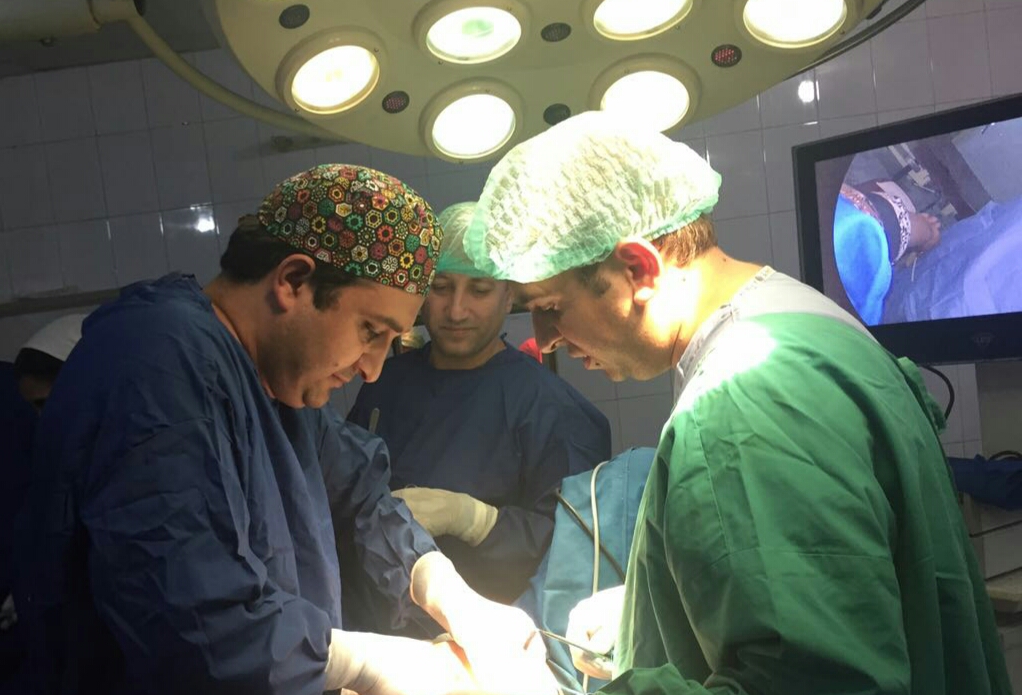
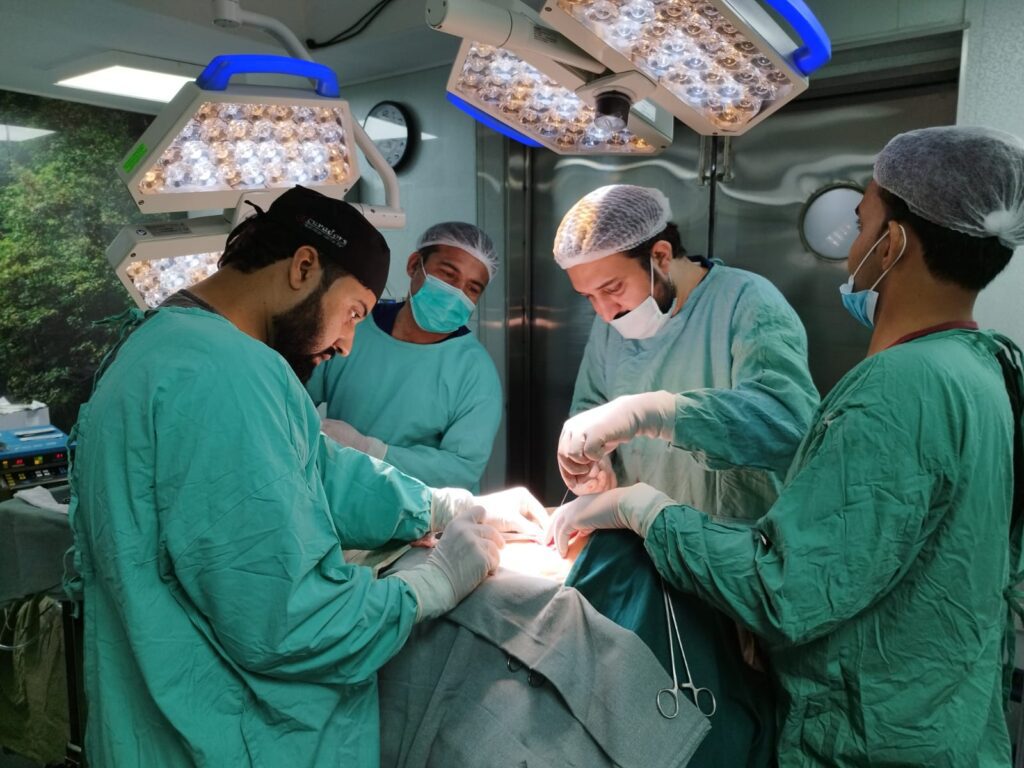
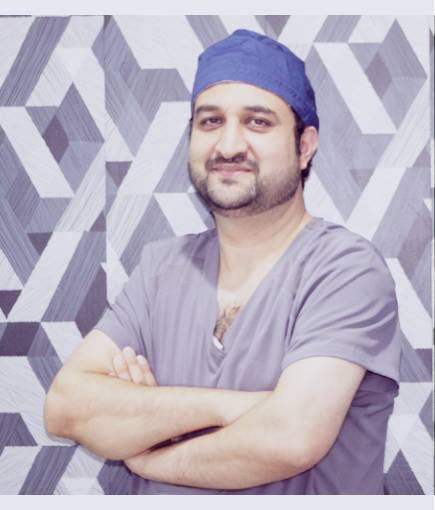
| Mon - Fri: | 8:00 am - 8:00 pm |
| Saturday: | 9:00 am - 6:00 pm |
| Sunday: | 9:00 am - 6:00 pm |






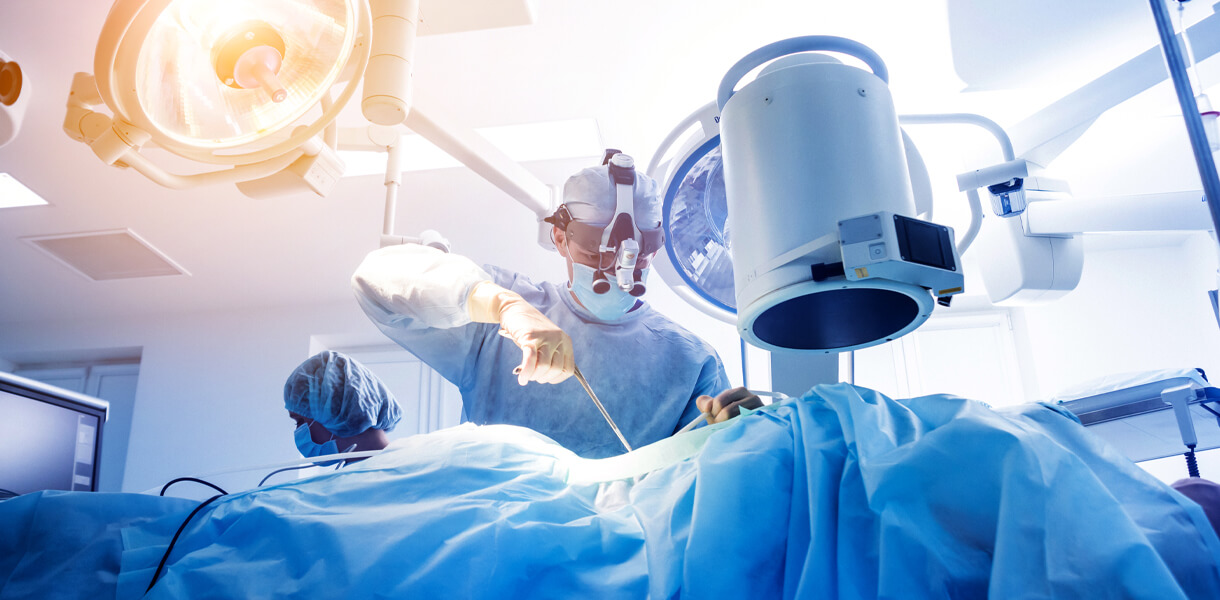
Introduction
Thyroid cancer arises from abnormal cell growth in the thyroid gland, a butterfly-shaped organ located in the neck responsible for producing hormones that regulate metabolism. It is relatively rare compared to other types of cancer but is among the most common cancers of the endocrine system. Thyroid cancer often presents as a painless lump or nodule in the neck and can sometimes be detected during routine physical exams or imaging tests.
Understanding Thyroid Cancer
Thyroid cancer originates in the cells of the thyroid gland, which is responsible for producing hormones that regulate metabolism. There are several types of thyroid cancer, with the most common being papillary, follicular, and medullary thyroid cancer.
Differentiated Types: Papillary, Follicular, and Medullary Thyroid Cancer
Exploring the characteristics of each type of thyroid cancer provides insights into the diverse nature of this condition and the specific challenges associated with each type.
Causes and Risk Facto
While the exact causes of thyroid cancer remain unclear, certain factors increase the risk of developing this condition. This section explores these factors and identifies individuals at a higher risk.



Identification of Individuals at a Higher Risk
Highlighting risk factors, such as age, gender, and a history of radiation exposure, provides valuable information for both individuals and healthcare professionals.
Signs and Symptoms Recognizing the signs and symptoms of thyroid cancer is crucial for early intervention. From thyroid nodules to changes in voice, understanding the variations based on the type and stage of cancer aids in prompt medical attention.
Variations in Symptoms Based on the Type and Stage of Cancer
Distinguishing between symptoms based on the type and stage of thyroid cancer assists healthcare professionals in tailoring appropriate diagnostic and treatment plans.
Diagnosis
Accurate diagnosis of thyroid cancer involves a combination of clinical evaluation, imaging studies, and biopsy. This section explores the diagnostic procedures and emphasizes the role of thyroid ultrasound, fine-needle aspiration, and other imaging studies in early detection.
The Role of Thyroid Ultrasound, Fine-Needle Aspiration, and Imaging Studies
Underscoring the importance of regular screenings and diagnostic tools ensures early detection and improves the chances of successful treatment.
Treatment Options
Managing thyroid cancer includes various modalities, such as surgery, radioactive iodine therapy, and hormone replacement. This section explores these options, offering individuals a comprehensive view to make informed decisions about their treatment.
Considerations for Surgery, Radioactive Iodine Therapy, and Hormone Replacement
Delving into surgical interventions, radioactive iodine therapy considerations, and the role of hormone replacement provides individuals with the necessary insights for making decisions regarding their treatment.
Impact on Quality of Life
A thyroid cancer diagnosis can have profound effects on an individual’s quality of life, both physically and emotionally. Understanding these effects and exploring coping mechanisms are essential aspects of comprehensive cancer care.
Survivorship and Post-Treatment Care
Rehabilitation and recovery after thyroid cancer treatment are essential components of managing this condition. This section guides individuals on what to expect during the survivorship phase and emphasizes the importance of long-term follow-up care and monitoring.
Importance of Long-Term Follow-Up Care and Monitoring
Regular follow-up appointments and monitoring help detect any potential recurrence or long-term effects of treatment, ensuring ongoing health and well-being.
Prevention Strategies
While not all cases of thyroid cancer can be prevented, certain lifestyle and dietary recommendations can reduce the risk. This section outlines steps individuals can take to maintain thyroid health.
Lifestyle and Dietary Recommendations for Thyroid Cancer Prevention Providing practical recommendations on maintaining a healthy lifestyle, including iodine intake and regular screenings, empowers individuals to take proactive steps towards thyroid cancer prevention.
Thyroid Cancer Awareness and Advocacy
Raising awareness about thyroid cancer is crucial for early detection and improved outcomes. Engaging in advocacy for research and support contributes to a broader effort in combating thyroid cancer.
Frequently Asked Questions (FAQs)
While most cases of thyroid cancer are not inherited, there can be a genetic predisposition in some cases. Individuals with a family history of thyroid conditions may have a higher risk.
Radioactive iodine therapy is often used after thyroid surgery to destroy any remaining thyroid tissue and cancer cells. It is especially relevant in cases of papillary and follicular thyroid cancer.
Yes, thyroid cancer is more common in women than in men. However, men can also develop thyroid cancer, and awareness is crucial across all genders.
Yes, thyroid cancer can recur even after treatment. Regular follow-up appointments and monitoring are essential to detect and address any recurrence promptly.
While no specific foods are universally restricted, individuals with thyroid cancer may benefit from a balanced diet rich in nutrients. Consulting with
| Mon - Fri: | 9:00 am - 7:00 pm |
| Saturday - Sunday: | Off |
Copyright 2023 Adil's Laparoscopy World | Powered by Dynaamx